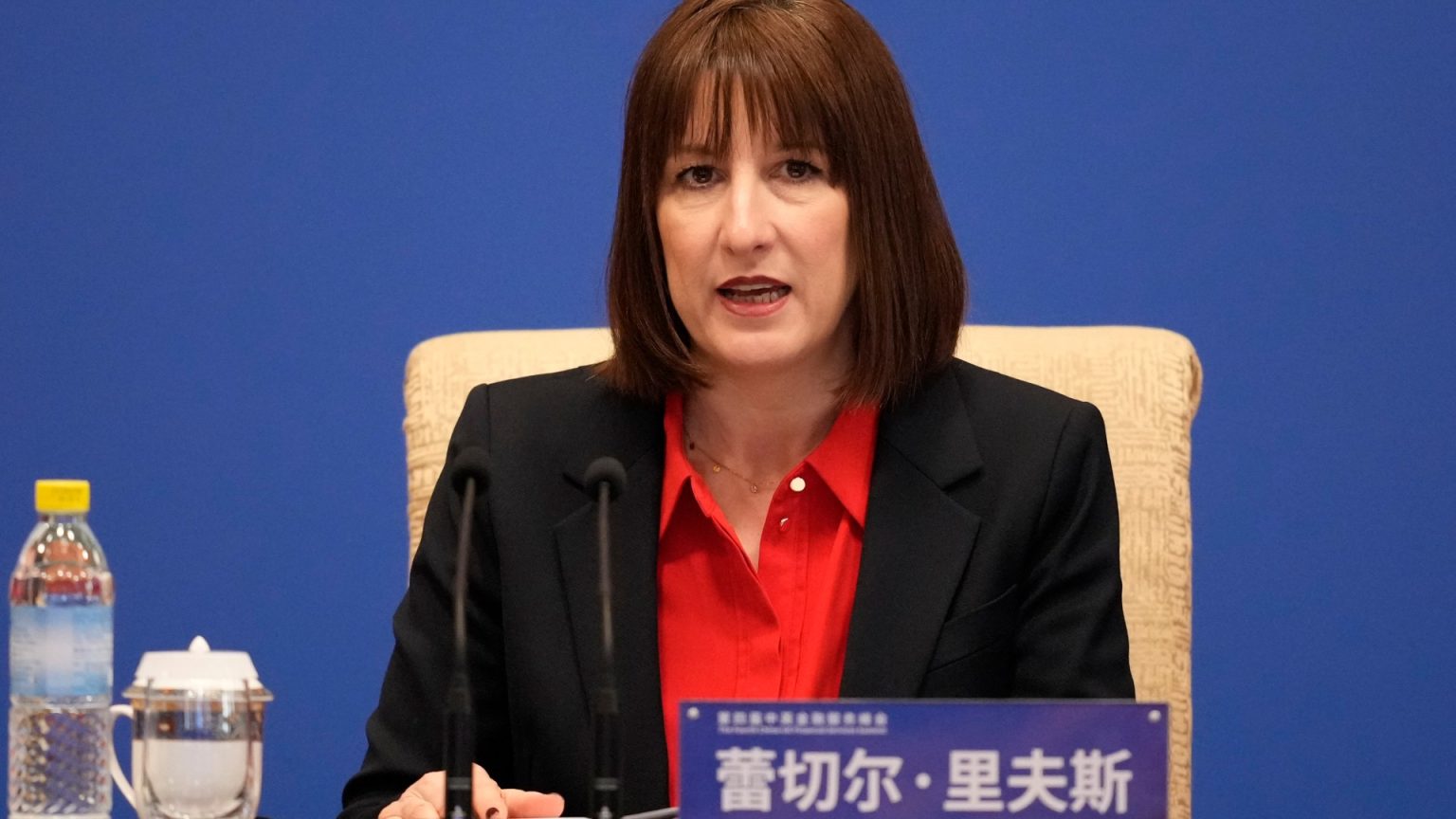The recent visit of UK Chancellor Rachel Reeves to China has sparked controversy, with City sources alleging that the primary motive behind the trip is to pave the way for a lucrative London Stock Exchange listing for the fast-fashion giant, Shein. The company, renowned for its ultra-cheap clothing targeting young consumers, has reportedly generated over £1.5 billion in sales to British shoppers. Shein’s anticipated stock market debut is estimated to be worth a staggering £50 billion, making it a highly sought-after prize for the London Stock Exchange. Critics argue that the Chancellor’s trip, accompanied by the CEO of the London Stock Exchange and the head of the Financial Conduct Authority (FCA), represents a thinly veiled attempt to expedite the listing process and secure this significant financial windfall for the UK.
The controversy surrounding Shein’s potential listing is further fueled by the company’s questionable human rights record. Accusations of utilizing cotton sourced from forced labor camps in China have dogged the company, raising serious ethical concerns among lawmakers and human rights advocates. During a recent parliamentary hearing, Shein’s lawyer, Yinan Zhu, faced intense scrutiny from MPs regarding these allegations but refused to provide substantive answers. The company’s opaque supply chain, relying on a network of approximately 6,000 Chinese factories, further complicates efforts to verify these claims. The lack of transparency has triggered calls for stricter vetting procedures for companies seeking to list on the London Stock Exchange.
The Chairman of the Business and Trade Committee, Liam Byrne, has formally requested clarification from both the London Stock Exchange and the FCA regarding the due diligence processes employed to assess companies like Shein. The letter emphasizes the importance of ensuring that companies seeking access to UK capital markets adhere to stringent ethical and human rights standards. The pressure on regulators to scrutinize Shein’s operations thoroughly is mounting, particularly in light of the potential economic and reputational risks associated with hosting a company implicated in human rights abuses.
While Ms. Reeves has stated that the purpose of her visit to China is to attract international investment to the UK, skeptics view the trip as a strategically orchestrated move to facilitate Shein’s listing. They argue that securing such a high-profile listing would be a significant political and economic victory for the current government, overshadowing ethical concerns. This perceived prioritization of financial gain over human rights has drawn sharp criticism from opposition parties and advocacy groups.
The potential listing of Shein on the London Stock Exchange raises fundamental questions about the balance between economic interests and ethical considerations. While attracting international investment is crucial for economic growth, critics contend that the UK should not compromise its values by welcoming companies with questionable human rights practices. The controversy surrounding Shein highlights the growing scrutiny of fast-fashion brands and their impact on both human rights and the environment.
The outcome of Shein’s potential listing will have significant implications for the London Stock Exchange’s reputation and the UK’s stance on corporate social responsibility. If the listing proceeds despite the serious allegations against Shein, it could send a damaging message that financial interests outweigh ethical concerns. Conversely, a decision to reject the listing or impose stringent conditions could signal a commitment to upholding human rights standards in the UK financial market. The ongoing debate underscores the complex challenges facing regulators and policymakers in navigating the intersection of global commerce and ethical principles.




